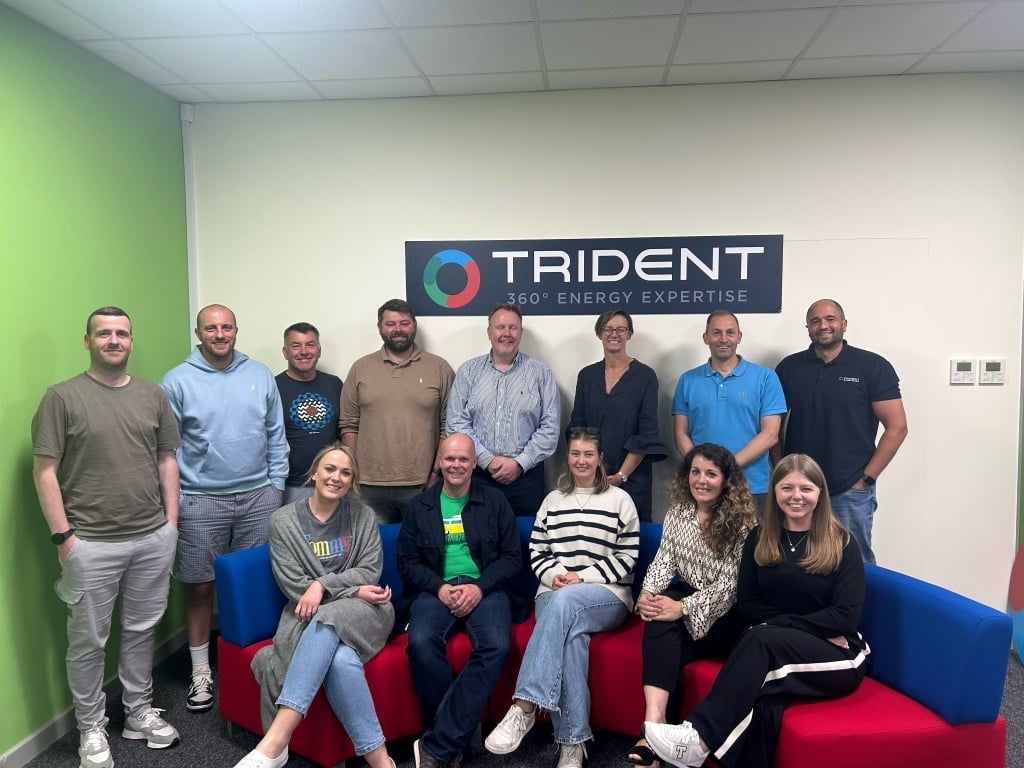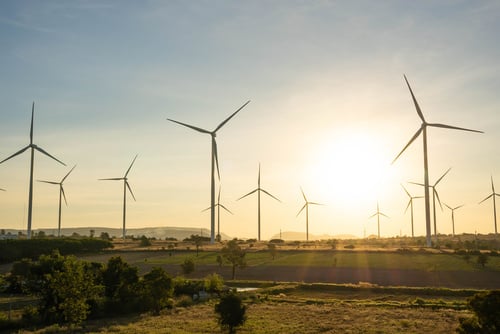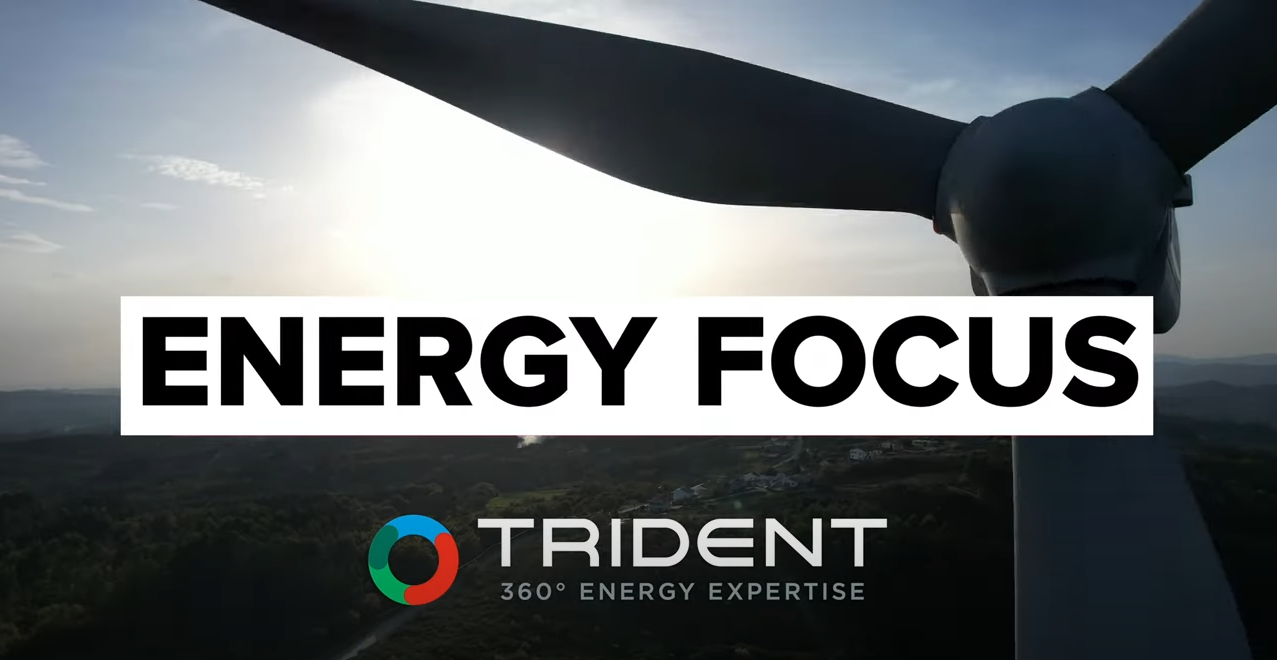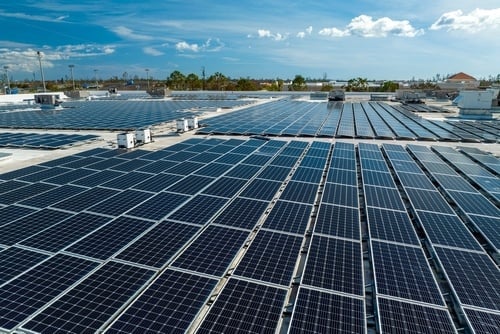In this blog, we caught up with the team members who attended and asked them questions about the day of carbon literacy training.
What we asked the team?
How did you feel immediately after completing the carbon literacy training day?
Upon completing the carbon literacy training day, participants expressed a range of emotions. One individual felt slightly shocked by the level of emissions revealed, while another left feeling empowered to take action. Some participants felt informed, though one admitted to feeling a little underwhelmed.
In contrast, one attendee was excited to implement changes both personally and professionally, finding encouragement in the fact that some efforts are already making a positive impact, like switching to EVs.
Another described the experience as enlightening and educational, while one participant felt normal.
What were the key takeaways from the carbon literacy training session?
One attendee emphasised learning new and interesting information about carbon footprints and emissions. Another appreciated the solid grounding in climate science and the creation of a personal action plan. Participants also highlighted increased awareness of climate change and the science supporting it.
Some noted the persistence of misconceptions around climate change, stressing the need for more open dialogue to improve climate literacy. Others valued clarity in communicating facts, mainly through the use of engaging materials, such as a video that effectively distinguished between climate and weather.
There was also a focus on gaining a complete understanding of carbon literacy, the causes of environmental changes, and the broader impacts. Lastly, some attendees urged an increased focus on addressing the climate crisis itself.
Did the training inspire you to make any personal lifestyle changes?
71% of the team agreed, with the remaining 29% disagreeing. For those who agreed, we asked for examples of the personal lifestyle changes they would look to make.
One individual stressed about making more sustainable shopping choices, particularly when it comes to food. Another person now takes the environmental impact into account when selecting home energy contracts.
Someone else has become more mindful of their food choices, while another looks to focus on reducing ultra-processed foods, recycling clothes on platforms like Vinted, and sharing positive environmental stories with their social and professional networks.
Another participant feels more confident discussing environmental issues like global warming, understanding its causes, and making informed decisions when faced with choices.
How confident do you feel in discussing carbon literacy and sustainability with others?
One individual reported feeling "fairly confident," noting an improvement from before. Another participant expressed strong confidence, while a third rated their confidence as an 8 out of 10. Some described their confidence as "fairly to very," and another highlighted the importance of continued learning and following through on pledges.
One participant recognised the need to refresh their knowledge, as it was their first formal education on the topic. The training positively impacted participants' confidence in engaging in carbon literacy discussions.
What specific actions do you plan to take at work as a result of the training?
Several attendees are focusing on raising internal awareness by educating their teams and increasing the number of staff trained in carbon literacy. Others are committed to reducing carbon footprints by transitioning to electric vehicles and encouraging colleagues to adopt eco-friendly transportation options.
Some are looking to extend these efforts externally by offering carbon literacy training to customers or incorporating more climate crisis information into client discussions.
Additionally, one participant plans to use office spaces creatively to educate on climate change while also documenting the company's progress toward achieving its net zero goals. These actions demonstrate a collective dedication to putting the training into practice and driving positive environmental change.
Did the training session enhance your understanding of carbon emissions and climate change - Average response rating was 6.86 out of 10
What role do you think carbon literacy training should have in Trident's net zero journey?
One team member emphasised the importance of equipping employees with the knowledge to minimise workplace and home emissions. Another believes the role of training is massive, stressing that Trident must "walk the walk."
Others highlight that training helps build awareness and understanding, with one person noting that it can engage staff to share information with customers and generate ideas for reducing Trident's carbon footprint. Another team member underscores the importance of all customer-facing staff being able to confidently discuss climate change and the benefits of turning intent into action.
Additionally, the need to educate employees on the history and impacts of carbon emissions is seen as essential, while another person views the training as central to the company's strategy.
Collectively, these insights illustrate that carbon literacy training is a critical element of embedding sustainability throughout the organisation.
To conclude
In conclusion, the Carbon Literacy training provided an eye-opening experience for Team Trident, helping to foster a deeper understanding of the climate crisis and the role individuals and businesses can play in reducing their carbon footprints.
The training inspired participants to take personal and professional action, from making more sustainable lifestyle choices to driving greater awareness within the company and with customers.
As Trident continues on its net zero journey, this training is not just an educational tool but a vital component in ensuring that sustainability remains at the heart of everything we do.







